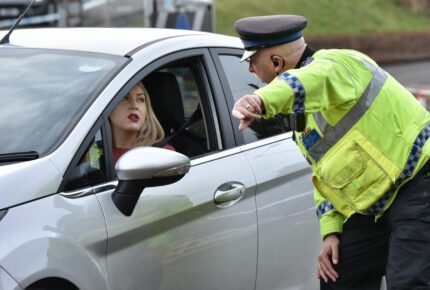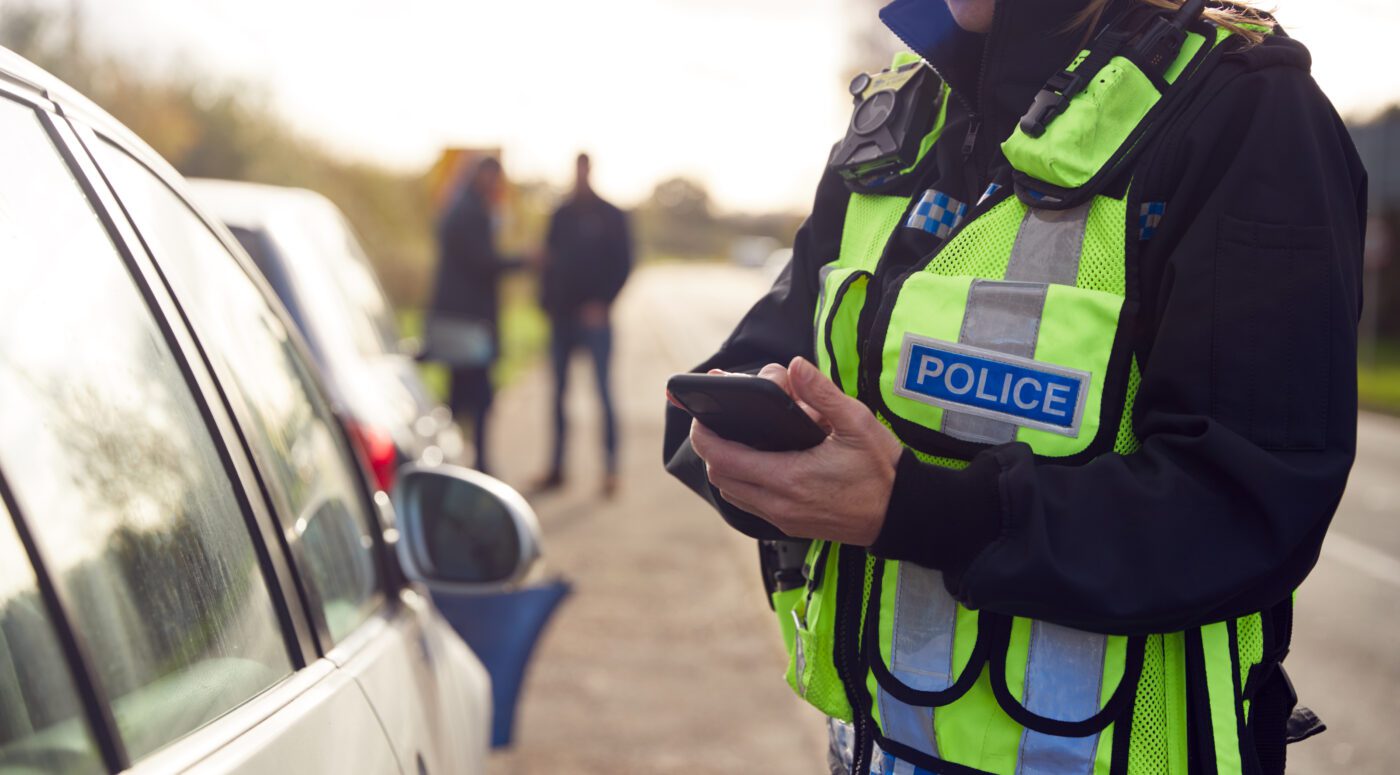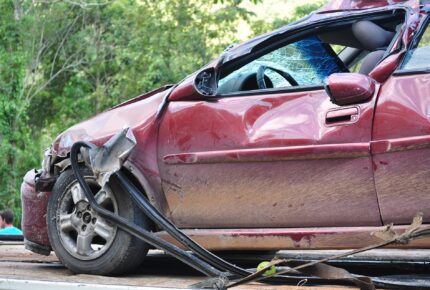

If you’re reading this, it is likely that you or someone you care about is facing charges for dangerous driving. This can be a frightening experience for anyone, and it is completely natural to have a lot of questions about what happens next. You might be wondering how long you have to wait for a charging decision, what the offence actually entails, and what punishments you might face if convicted. In this article, we will outline how long the police have to prosecute dangerous driving in the UK and answer some of these common questions about the offence.
What is the offence of dangerous driving in the UK?
Dangerous driving is a serious offence in the UK that carries significant punishments. This is because dangerous driving is not only dangerous or reckless towards the driver’s safety, but also towards the safety of any passengers, other drivers, or passers-by.
Per the Crown Prosecution Service (CPS), the offence is charged where ‘the defendant’s driving falls far below the standard expected of a competent and careful driver and it would be obvious that driving in that way would be dangerous.’ This is, therefore, a broad offence.
Dangerous driving can include driving too fast, not paying attention to the road, or not following proper safety protocols.
Other examples of dangerous driving include:
- driving aggressively
- jumping traffic lights, ignoring road signs, or not heeding warnings
- dangerous overtaking or tailing other drivers
- being under the influence of drugs or alcohol
- knowingly driving after taking prescription medication when you know it negatively affects your ability to drive safely
- being otherwise unfit to drive, such as being too tired to concentrate
- knowingly driving a vehicle that is unsafe or unfit for the road, or carrying an unsafe load
- being distracted by a mobile phone, trying to read maps, listening to loud music, talking or arguing with passengers, or other situational factors that reduce concentration
The offence itself is governed by Section 2 of the Road Traffic Act 1988. The offence is triable either way, which means it may be prosecuted in the Magistrate’s Court or the Crown Court depending on the seriousness of the offence and any potential sentence.
What is the punishment for dangerous driving?
If tried and convicted in the Magistrate’s Court, you could face up to six months’ imprisonment and/or a fine of up to £5,000. If convicted in the Crown Court, you could face up to two years’ imprisonment and/or an unlimited fine.
Note that if the dangerous driving causes harm, it is likely that another more serious offence will be charged in addition to the dangerous driving offence. Causing death by dangerous driving is one example. For more serious offences, you could face imprisonment of up to 14 years, or a life sentence if you used your car as a weapon to hurt or kill somebody.
Whichever court tries you must also impose a driving ban for at least one year.
Is dangerous driving an automatic ban?
Yes, dangerous driving entails an automatic – or mandatory – ban in the UK. This means that if you are convicted, you are almost certainly going to be banned from driving for at least one year. This driving ban will apply in addition to any other sentence or fine that you receive in relation to the offence.
In some lesser driving offences, you may be able to argue for ‘special reasons’ why you should not receive a ban and instead take penalty points on your licence. These are not, however, applicable to dangerous driving cases.
How long do the police have to prosecute dangerous driving?
Under Section 127 of the Magistrates Court Act 1980, the police have no time limit to lay charges against someone with a dangerous driving offence, as it is classified as an either-way offence.
How long does it take for police to investigate?
Driving offences can be relatively straightforward for the police to investigate due to the fact that they usually have access to CCTV footage, witness statements, and other forms of readily available evidence, such as records from any roadside stop or arrest. However, this process can often take some time if, for example, they are unable to determine who was driving at the time of the alleged offence.
If the police arrest you and hold you at the police station due to your actions or inactions, they normally have to make a charging decision within 24 hours or release you. If you are released under investigation, there is no strict time limit that the police must charge you under.
What if I receive a NIP after 14 days of the offence?
It is a myth that if you do not receive a Notice of Intended Prosecution (NIP) within 14 days of the alleged offence that you are automatically immune from prosecution. Instead, it is the obligation of the police to send a signed NIP to arrive within 14 days, and if they have done so, that obligation is met regardless of when the letter actually arrives at the registered keeper’s address.
Other requirements of the NIP include that it is:
- signed on behalf of the police (that can include a printed signature)
- dated within 14 of the alleged offence
Once you have received the NIP, you must respond within 28 days of receiving the notice. If you fail to do so, you can be charged with ‘failing to give information of driver’s identity as required’, which is a separate criminal offence.
How do the police prove dangerous driving?
To prove dangerous driving, the police must gather evidence that proves beyond a reasonable doubt that the defendant’s driving fell ‘far below’ the standard expected of a competent and careful driver. It must also be shown that it would be obvious that driving in that way would be dangerous.
To prove this, the police will rely upon evidence such as:
- CCTV recordings
- witness statements
- police officers’ accounts of the incident
- the defendant’s own admissions (if any)
- speedometer readings and other relevant testing documentation
It is important to remember that every dangerous driving case is different and there may be unique factors at play, such as weather and road conditions or unexpected/unpredictable effects of prescription medication. This is why it is so important to try to remember everything you can from the date of the alleged offence and tell your solicitor all the details, even if you think they are not relevant.
Does dangerous driving always mean attending court?
Dangerous driving is an either-way offence, which means it can be tried either in the Magistrates’ Court or in the Crown Court depending on the seriousness of the offence and the length of any sentence you may receive if found guilty.
If you do not attend court, note that the proceedings will still go ahead without you. This is known as proceedings in absentia, and basically just means that you will be unable to offer up your side of the story or submit any pleas of mitigation that might reduce your sentence or get your case dismissed altogether.
Where to get further help with dangerous driving offences?
If you or someone you know is facing charges for dangerous driving, it is important to seek legal help as soon as possible. The experienced team at Stuart Miller Solicitors can provide advice and support throughout the entire process, from the initial investigation to any resultant court proceedings. We understand how frightening this experience can be, and we’re here to help you every step of the way. Contact us today for a free consultation.
(This page was last updated on November 15, 2023.)
OUR COMMITMENTS TO YOU:
-
Responsive
A legal expert will consult you within 24 hours of making an enquiry.
-
Empathetic
We will always treat you with trust, understanding and respect.
-
Specialised
Your case will be handled by an expert who specialises in your type of offence.
-
Proactive
We will take early action to end proceedings as soon as it is practically and legally possible to do so.
-
Engaged
You will be kept updated on your case at all times. We will provide a named contact available to answer your questions.
-
Caring
We understand this is a difficult and stressful time for you and your family. Our team will support you every step of the way.
-
Tenacious
We will never give up on your case. We fight tirelessly to get you the best possible outcome.
